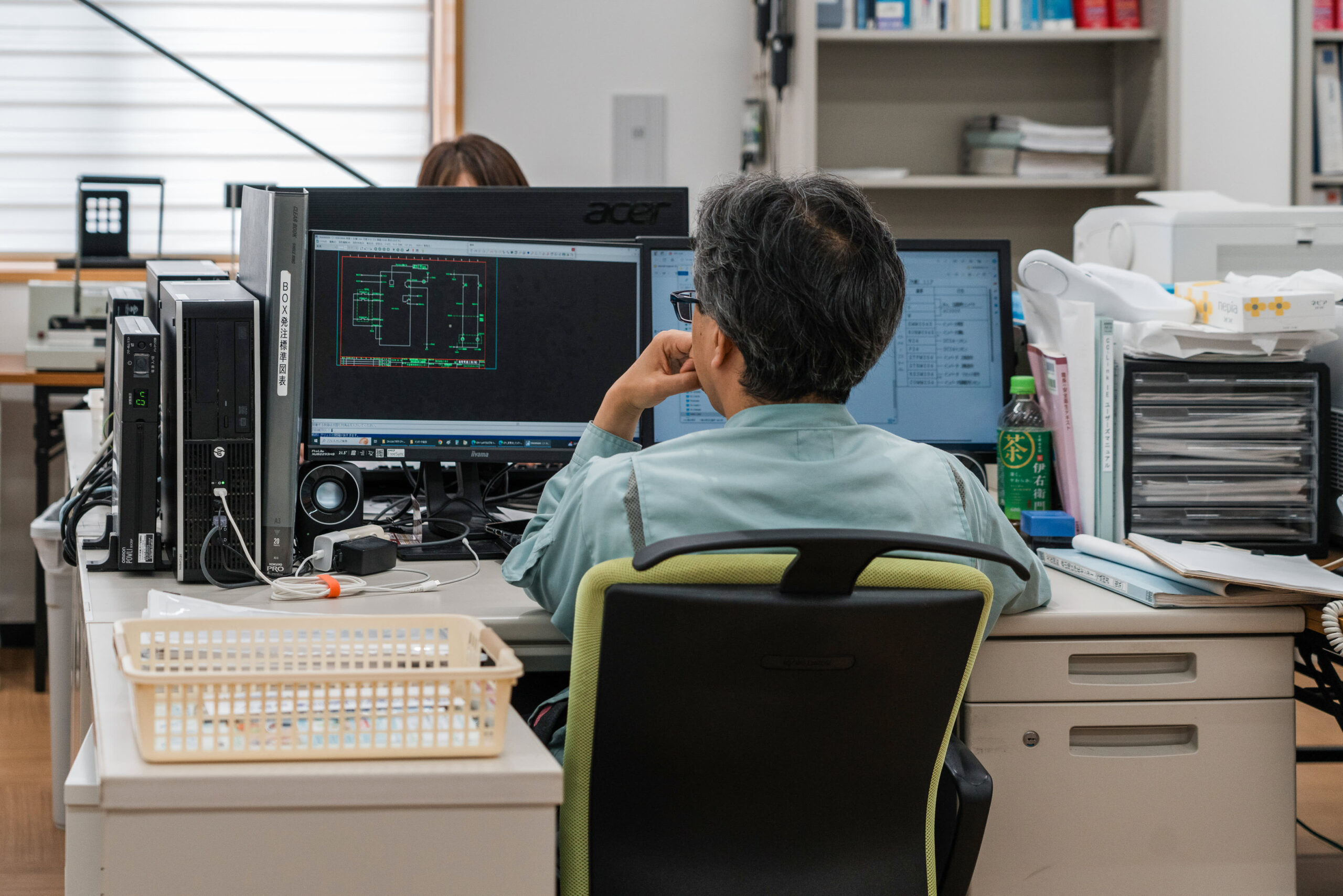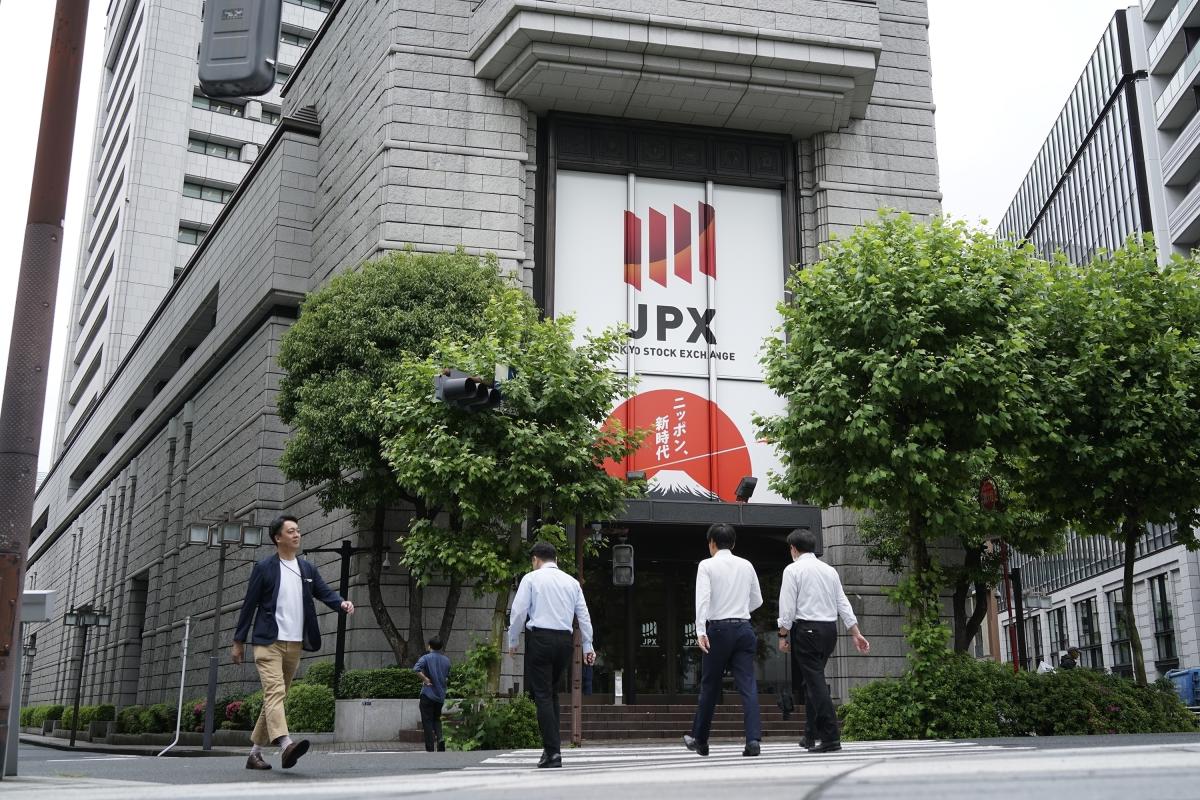
An office worker studying electronic diagrams on a computer at control-panel maker in Japan.
Bloomberg | Bloomberg | Getty Images
Japan has ramped up its push for companies to adopt a four-day workweek, but those efforts face steep challenges in a country famous for its workaholic culture.
The Japanese government recently initiated a “work style reform” campaign aimed at promoting flexible work arrangements, shorter hours and overtime limits. To further encourage this initiative, the labor ministry has also begun providing subsidies and free consulting services.
The move marks a more concerted effort after the government first floated support for a shorter workweek in 2021 when lawmakers endorsed the idea. But the concept has not been mandated, and has been slow to gain traction.
“The reasons Japanese work long hours are cultural and social; those things don’t change quickly,” said Tim Craig, who spent over 20 years teaching and conducting research in top business schools in Japan.
According to the Ministry of Health, Labor and Welfare, only about 8% of companies in Japan permit employees to take three or more days off each week.
If they go home early, then their colleagues will (a) look askance at them, and (b) have to work more to cover for them.
Tim Craig
Founder of BlueSky Academic Services
Craig, who also wrote a book on Japanese popular and traditional culture, explained that the Japanese place a high premium on work because they tend to view it as a “positive part of life,” but social pressure also plays a role.
“If they go home early, then their colleagues will (a) look askance at them, and (b) have to work more to cover for them. Either way, it’s not a good feeling,” Craig elaborated.
The workplace is also where most Japanese have most of their social interactions, where employees are often willing to stay around longer to help the team and attend long company dinners, observed Martin Schulz, chief policy economist at Fujitsu.
“Being part of a company is almost part of a community, and this results often in longer work hours, not as efficient work hours,” he told CNBC.
Last October, the health ministry published its annual white paper addressing Japan’s excessively long working hours and their connection to depression and karoshi, or death from overwork. In 2022, 2,968 people in Japan died by suicide attributed to karoshi, an increase from 1,935 in 2021. Japan has not released its white paper for 2023’s statistics yet.
I think that it’s going to take time [for the four-day workweek] to penetrate… we’re not used to being flexible.
Hiroshi Ono
professor at Hitotsubashi University
The report highlighted that 10.1% of men and 4.2% of women work over 60 hours a week, linking these long hours to the incidence of karoshi.
“I think that it’s going to take time [for the four-day work week] to penetrate… we’re not used to being flexible,” said Hiroshi Ono, professor of human resources at Hitotsubashi University.
“It’s still pretty rare in other countries as well. So I think that Japan especially will take some time to do that,” he added.
The small number of companies implementing a four-day workweek are also generally not traditional Japanese companies, Ono also observed, citing the example of Microsoft Japan.
“So for the traditional Japanese companies, it might even take longer,” he said.
One of Japan’s largest companies, Panasonic, rolled out the four-day workweek option for employees in 2022, but only about 150 of 63,000 eligible workers opted in.
Brokerage firm SMBC has also offered employees a four-day workweek option since 2020. But it has limited eligibility to workers aged 40 years or older for either family care or “autonomous career development.” The option is also only available from the fourth year of employment.
While the adoption rates are slim, the initiative is not all moot.
“The overall flexibility helps, definitely,” said Fujitsu’s Schulz, adding that the government has been pushing companies harder on work-life balance such that endless overtime hours are not allowed anymore.
Additionally, experts told CNBC that the concept of karoshi is not a phenomenon unique to Japan. In 2019, more than 770 workers reportedly died due to work stress in Sweden.
“The only thing that’s unique to Japan is that the ministry actually collects data on karoshi,” said Ono.
EMEA Tribune is not involved in this news article, it is taken from our partners and or from the News Agencies. Copyright and Credit go to the News Agencies, email news@emeatribune.com Follow our WhatsApp verified Channel





